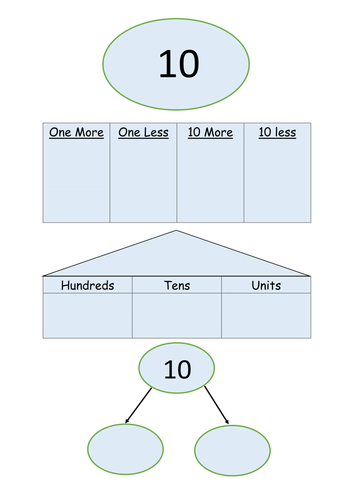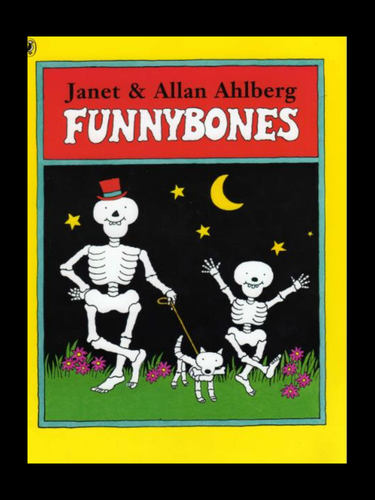TheEducatorsCorner's Shop
UK based Primary Educators who are passionate about teaching learning across the EYFS/KS1/KS2 ages and stages. We have developed tried and tested resources/planning that are 'ready to go' but can be adapted to suit individual needs when and where necessary.























